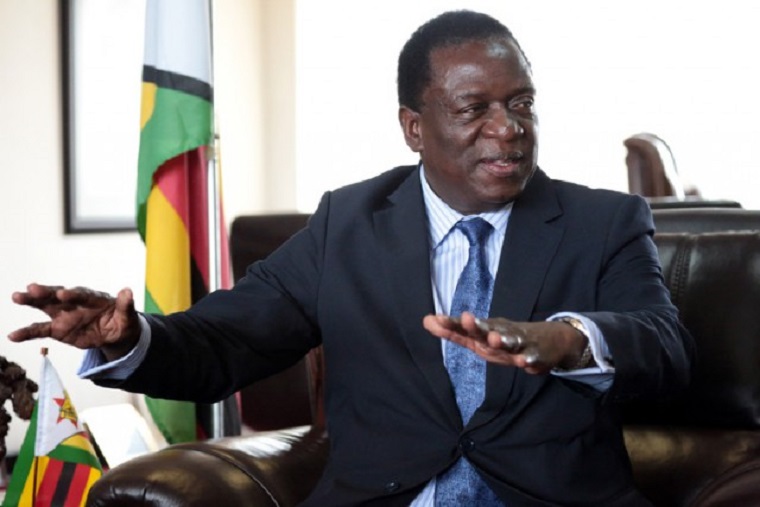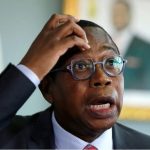 When President Emmerson Mnangagwa campaigned in July for Zimbabwe’s presidency, he promised to be a business friendly leader, and to return his country’s economy to twentieth century times of plenty and prosperity.
When President Emmerson Mnangagwa campaigned in July for Zimbabwe’s presidency, he promised to be a business friendly leader, and to return his country’s economy to twentieth century times of plenty and prosperity.
But Mnangagwa has already shown himself incapable of jettisoning the state centrist, rent-seeking predilections of his predecessor.
A “big-bang” sharp break with Zimbabwe’s recent past is essential to reassure consumers and capitalists. Yet Mnangagwa and his cronies have so far rejected anything forward-looking and sensible.
Mnangagwa’s administration is struggling to overcome the national economic destruction wreaked on Zimbabwe over two decades under Robert Mugabe. This included profligate spending, immense debt pileup, colossal corruption, and ravaging of the country’s once immensely productive agricultural sector.
As a result, Zimbabwe now lacks foreign exchange with which to buy petrol and ordinary goods to stock the shelves of its supermarkets.
In the last few weeks many shops – such as Edgars, a long-time clothing store; Teta, an eatery; KFC, a fast food outlet – have simply shut their doors. Queues for petrol stretch for miles.
Banks have no US dollars, or South African rands or Botswana pulas (the notional national currency), and therefore cannot supply stores or customers with the funds to carry on business as usual.
This week the locally created Zimbabwe bond note, officially supposed to trade 1 to 1 with the US dollar, has traded as high as 10 to 1 on the Harare black market. Sometimes it trades for a little less. It is unofficially called the zollar.
The new administration has naturally resorted to printing its own faux money. That inevitably has led, as always, to hyperinflation and monetary collapse.
China may yet help Mnangagwa – but in exchange for multi-years worth of precious minerals and Virginia tobacco at discounted prices.
With Zimbabwe’s leadership so thoroughly tainted by decades of peculation and mendacity, and devoid of any real notion of “the public interest,” Mnangagwa’s regime is otherwise unlikely to clean up the prevailing fiscal mess because of its refusal to break sharply with the fiscal derring-do of the Mugabe era. Its principals continue to profit from Zimbabwe’s economic mayhem.
Zimbabwe’s economic weaknesses are unsustainable. Governments in such parlous straits would turn, even now, to the International Monetary Fund, for a bailout – as Pakistan has just done. But Zimbabwe is already in arrears to the international lending institutions and has very few helpful friends left.
Government is running a hefty overdraft. And it’s been unable to collect as much as it needs from the national tax base. It’s now attempting to impose a 2% tax on internal electronic financial transactions.
Continued next page
(383 VIEWS)


